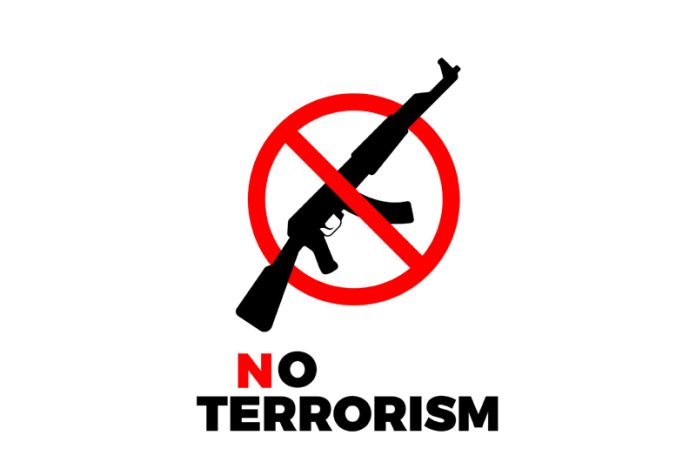In recent times, the world has witnessed a surge in terrorism, with its tendrils stretching across borders and threatening the peace and stability of nations. In this climate of uncertainty and fear, NSA Ajit Doval’s address at a regional meeting of NSAs in Kazakhstan gives a clear picture of terrorism. His words echo India’s unwavering commitment to combating terrorism in all its forms and manifestations. Doval’s emphasis on the urgent need to address the scourge of cross-border terrorism resonates deeply in a world where terrorist attacks know no boundaries. With incidents like the killing of five Chinese engineers in Pakistan and the terrorist attack at Crocus City Hall in Moscow, the need for concerted international action against terrorism has never been more pressing. India’s solidarity with the Russian Government and its people underscores the importance of global cooperation in tackling this common threat.
India has borne the brunt of terrorism for over four decades, experiencing firsthand the devastation and pain it inflicts. Even in the early eighties, when much of the world remained oblivious to its severity, India grappled with terrorist attacks. It wasn’t until the tragic events of 9/11 that the global community awakened to the magnitude of the threat posed by terrorism. Yet, despite the passage of twenty-three years since that fateful day, terrorist networks continue to operate with impunity. The world’s failure to present a unified front against terror financing and support has allowed these networks to thrive. Terrorist training camps persist, posing a constant threat to nations worldwide. While the roots of terrorism are widely recognised, geopolitical complexities often hinder decisive action against the countries harbouring and supporting these extremist groups. As terror funding persists unabated, terrorist organisations grow stronger and expand their reach. Without decisive action to curb their activities, the consequences could be catastrophic. The global community must come together, transcend geopolitical barriers, and take concerted steps to counter terrorism effectively before it’s too late.
The call to hold accountable the sponsors, financiers, and facilitators of terrorism strikes at the heart of the issue. Terrorism thrives on support networks that enable its operations, and disrupting these networks is essential to dismantling terrorist organizations. By urging for a united front against terrorism, Doval highlighted the importance of international collaboration in confronting this shared challenge. India’s stance on terrorism extends beyond mere rhetoric. The country is committed to enhancing transit trade and connectivity while respecting the sovereignty and territorial integrity of nations. This approach recognises the interconnected nature of global security and the importance of fostering economic development as a means of countering the allure of extremism. Modern technology has provided terrorists with new tools and tactics, from drones for cross-border transfers to encrypted communications for coordination. India’s support for creating effective mechanisms within the SCO for countering terror financing reflects a recognition of the evolving nature of the terrorist threat and the need for innovative responses.
The security situation in Afghanistan remains a cause for concern, with terrorist networks continuing to operate with impunity. India has legitimate security and economic interests in Afghanistan. By engaging with regional partners and calling for concerted action, India seeks to address the root causes of instability and violence in the region. The meeting between SCO countries, underscores the importance of multilateral cooperation in addressing the global terrorist threat. In a world where borders are increasingly porous and threats are transnational in nature, collective action is essential for effective counterterrorism efforts.


